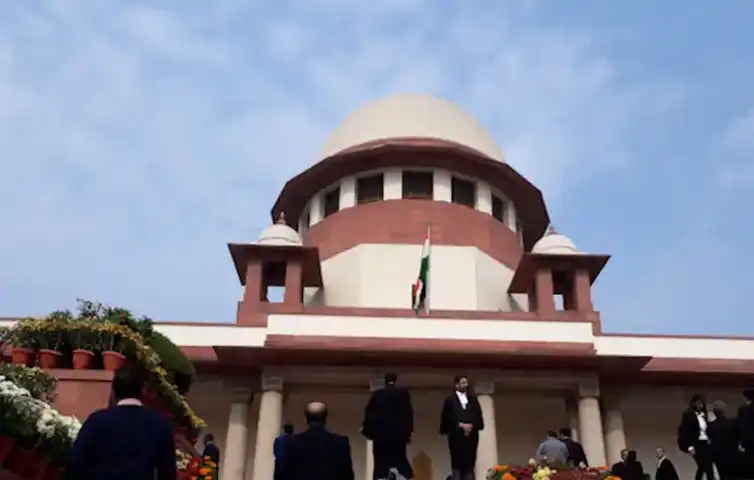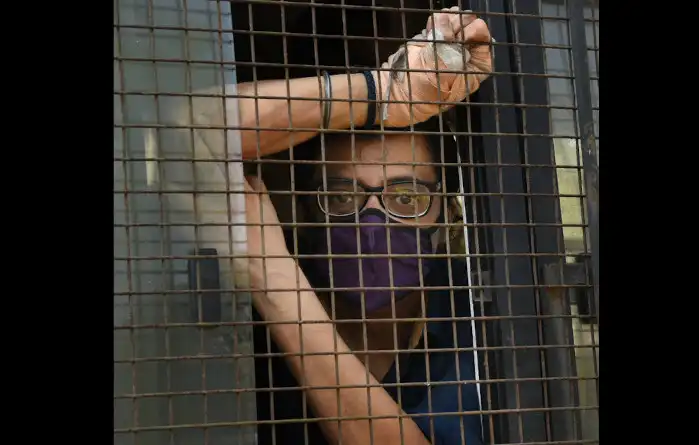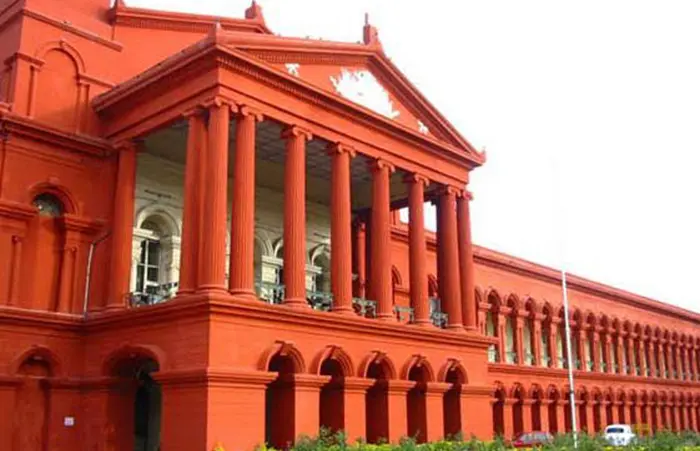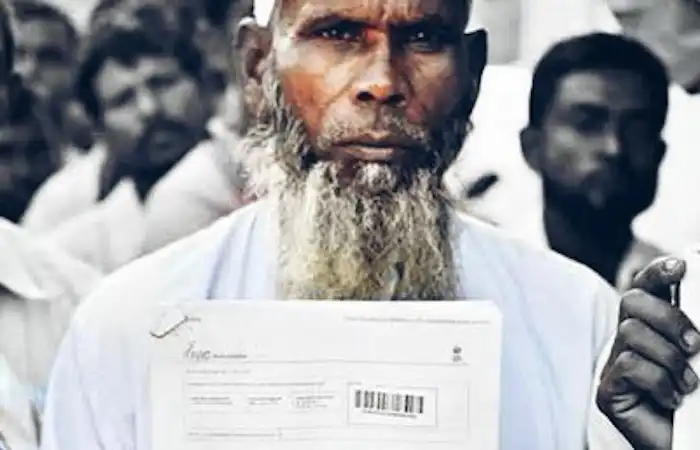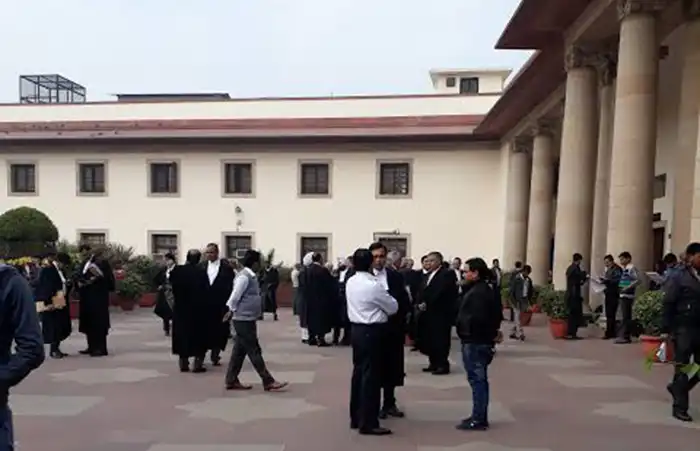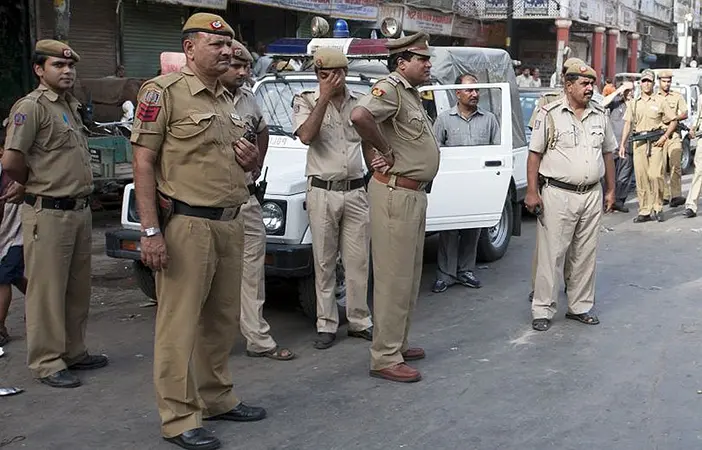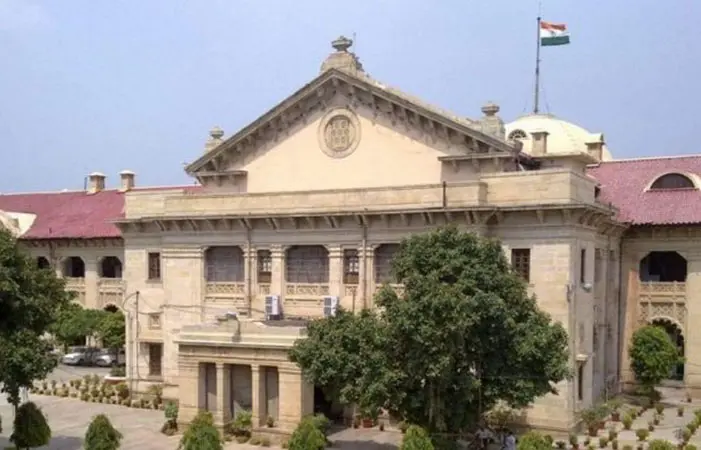Rajya Sabha member and Senior Advocate P Wilson has written to Union Law Minister RS Prasad urging the Government to introduce a bill so that Article 130 of the Constitution can be amended to provide for permanent regional Benches of the Supreme Court at New Delhi, Mumbai, Chennai and Kolkata.

News and Blogs
- /
- Articles and Blogposts /
- News and Blogs
Lack of physical infrastructure, shortage of dedicated judicial officials, and clear mandates are the reason, legal experts say.
India’s already overcrowded jails have 3.3 lakh undertrials. But most won’t get a speedy, surety less bail like the Republic TV chief.
The Supreme Court has swiftly granted interim bail to Arnab Goswami, founder and editor-in-chief of Republic TV. We should be grateful to the Supreme Court for having reiterated that bail is the rule in all cases. Unfortunately, our justice system only pays lip service to this rule.
The Hon’ble High Court of Karnataka in the suo motu public interest litigation (WP 10240/2020) is monitoring the progress of trials before the Special Court dealing with criminal prosecutions against Members of Parliament, Members of the State Legislative Assembly, and Members of the Legislative Council.
Nurjahan Nessa was asked to prove that she is Indian before Foreigners Tribunal No. 4 in Hajo, Assam, in 2016.
The time is ripe to re-imagine and provide relief to the bane of most manufacturing companies — reform to the Legal Metrology Act, 2009.
The Rashtriya Raksha University Bill, 2020 and The National Forensic Sciences University Bill, 2020 have recently been passed by both houses of Parliament.
The Parliamentary Standing Committee on Personnel, Public Grievances, Law and Justice headed by Rajya Sabha MP Bhupender Yadav released an interim report on the ‘Functioning of virtual courts/court proceedings through video conferencing after the COVID-19 pandemic’.
A move by the High Court of Karnataka to set up virtual courts for traffic challans might not just reduce the burden on courts but also lessen Bengaluru’s traffic woes.
People often ask the question ‘Who am I?’ during the course of their lives as a point of reflection, hoping to dig deep and come up with incredible insights. When I dwell upon the same, I find that my professional identity becomes the defining feature of my persona.
The debate over the recent Karnataka Land Reforms (Amendment) Ordinance has brought into focus the contestations over land in rural India.

-
Rule of Law ProjectRule of Law Project
-
Access to Justice SurveyAccess to Justice Survey
-
BlogBlog
-
Contact UsContact Us
-
Statistics and ReportsStatistics and Reports
© 2021 DAKSH India. All rights reserved
Powered by Oy Media Solutions
Designed by GGWP Design
